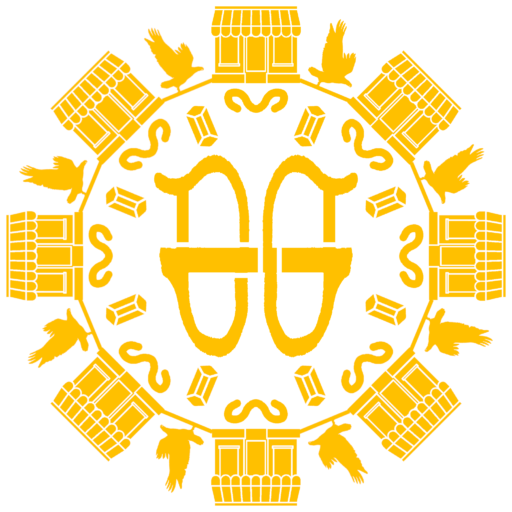Maori Title Translation: Te Tangata Whai Rawa o Weniti
This is a special addition to the Maori culture, since it is the first feature-length film that is spoken and narrated entirely in the Maori language.
What is interesting about this production of Merchant of Venice is that it originally came from a 1945 translation by Pei Te Hurinui Jones, who was Jewish himself.
What makes William Shakespeare\’s plays easy to reimagine is how lax the language is and there is little to no direction outside of the dialogues. As such, it is left to the production company itself to imagine the script as they see fit.
In the case of Merchant of Venice, it is clear that it is used to advance a form of skeleton-key solidarity between the Maori and the Jews. This was noted by Valerie Wayne from the Contemporary Pacific of her review of the film. The Maori had dealt with their history of persecution by British colonization, particularly through land confiscations and through epidemics of introduced diseases which dramatically reduced the Maori population.
The way that Hairoka–which is Shylock transliterated into Maori pronunciation–is evident of the use of performance as a means of filler. He does not have a bloodthirsty edge, as plenty of productions of the play have been known to do. It even begins with his famous \”Hath not a Jew eyes?\” monologue as his eyes water with tears.
Sources
- Biggs, Bruce. \”Pei Te Hurinui Jones\”. Dictionary of New Zealand Biography. Ministry for Culture and Heritage.
- Entwisle, Peter (20 October 2006). \”Estimating a population devastated by epidemics\”. Otago Daily Times.
- \”Maori.\” Te Ara Encyclopedia of New Zealand.
- The Maori Merchant of Venice. IMDb.
- Selwyn, Don. \”The Maori Merchant of Venice, dir. Don Selwyn (2002): Opening Scene Pt. 1.\” YouTube. 2013. Maori Merchant of Venice. He Taonga Films. 2002.
- Wayne, Valerie. \”Review of Te Tangata Whai Rawa o Weniti, The Maori Merchant of Venice (feature film).\” The Contemporary Pacific. 2003.
